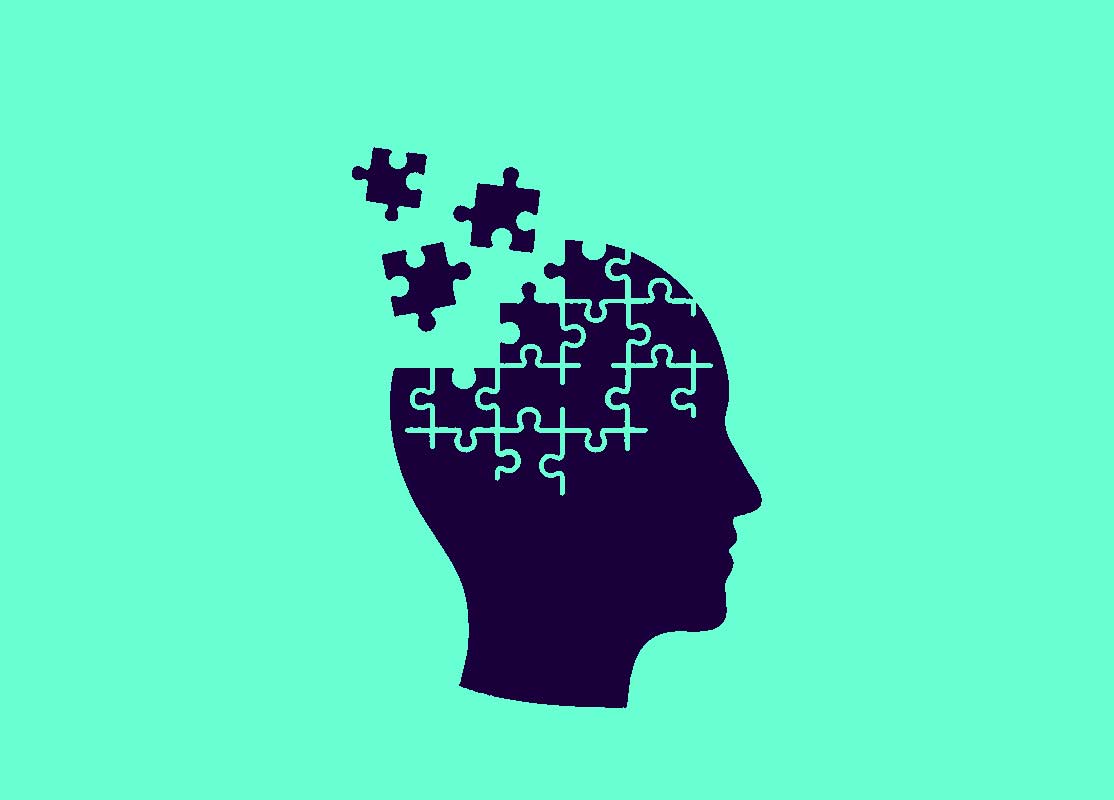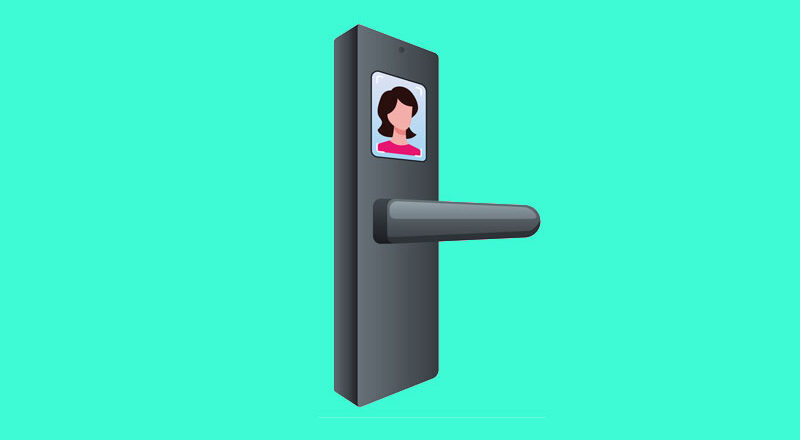Get to what are Dementia And Alzheimer’s Disease?
It’s crucial to first deconstruct what the term “memory” means in order to comprehend what dementia is. Memory is the ability or process of reproducing or recalling what has been learned or retained. In essence, it involves storing knowledge in the brain and having access to it later.
Know more about: The human memory—facts and information
Both short-term and long-term memory come in a variety of forms.
Conscious and unconscious long-term memories can be distinguished. Episode memories and learnt general information are examples of conscious recollections (semantic memories). Automatic associations and fine motor skills are examples of unconscious memory (priming). Different types of memory will be stored in various parts of the brain.
Some memory changes are normal as people get older. What would be seen as “normal” if this were the case? Memory loss is a common occurrence with normal aging, particularly when it comes to recalling recently learned material or learning new information. For instance, a person can struggle to remember new names, find it more difficult to multitask, or have a slower reaction time. That so, it is typically recommended that long-term memories, procedural-type memories, and knowledge of facts acquired before aging be preserved.
Also Read: Alzheimer’s Disease And Home Safety Tips
What then is dementia?
It is incorrect to refer to dementia as a particular disease. Dementia is a memory loss and other mental impairment that significantly impairs day-to-day functioning. Although there are several reasons why dementia symptoms occur, Alzheimer’s disease is the most frequent one, accounting for between 60 and 80 percent of all dementia cases.
Alzheimer’s is a degenerative condition for which there is no known treatment.
Even though the precise origin is uncertain, it is widely acknowledged to be an age-related condition. 5.8 million Americans, or 1 in 8 persons over 65 and 1 in 2 people over 85, have Alzheimer’s disease.
Depending on how dementia develops, its signs and symptoms can change. People may first struggle with tasks requiring short-term memory, such as paying bills, preparing meals, forgetting appointments, or getting lost in a familiar place. An individual with a moderate stage may struggle to talk or understand speech and may not comprehend spatial awareness. A person will lose the ability to communicate and become unable of taking care of themselves in the most advanced stages.
Also Read: Assessing Quality Of Life For Dementia Patients
It’s crucial to pay attention to the warning symptoms of dementia if you or a loved one think you may be suffering from it. The most frequent cause of dementia is Alzheimer’s disease, but there are other, potentially treatable, reasons as well. Additionally, there can be resources like treatment, caring, and support groups. Giving care to someone who has dementia is a difficult and stressful task. In a few weeks, return to the site to learn about some advice for taking care of a loved one who has dementia.




